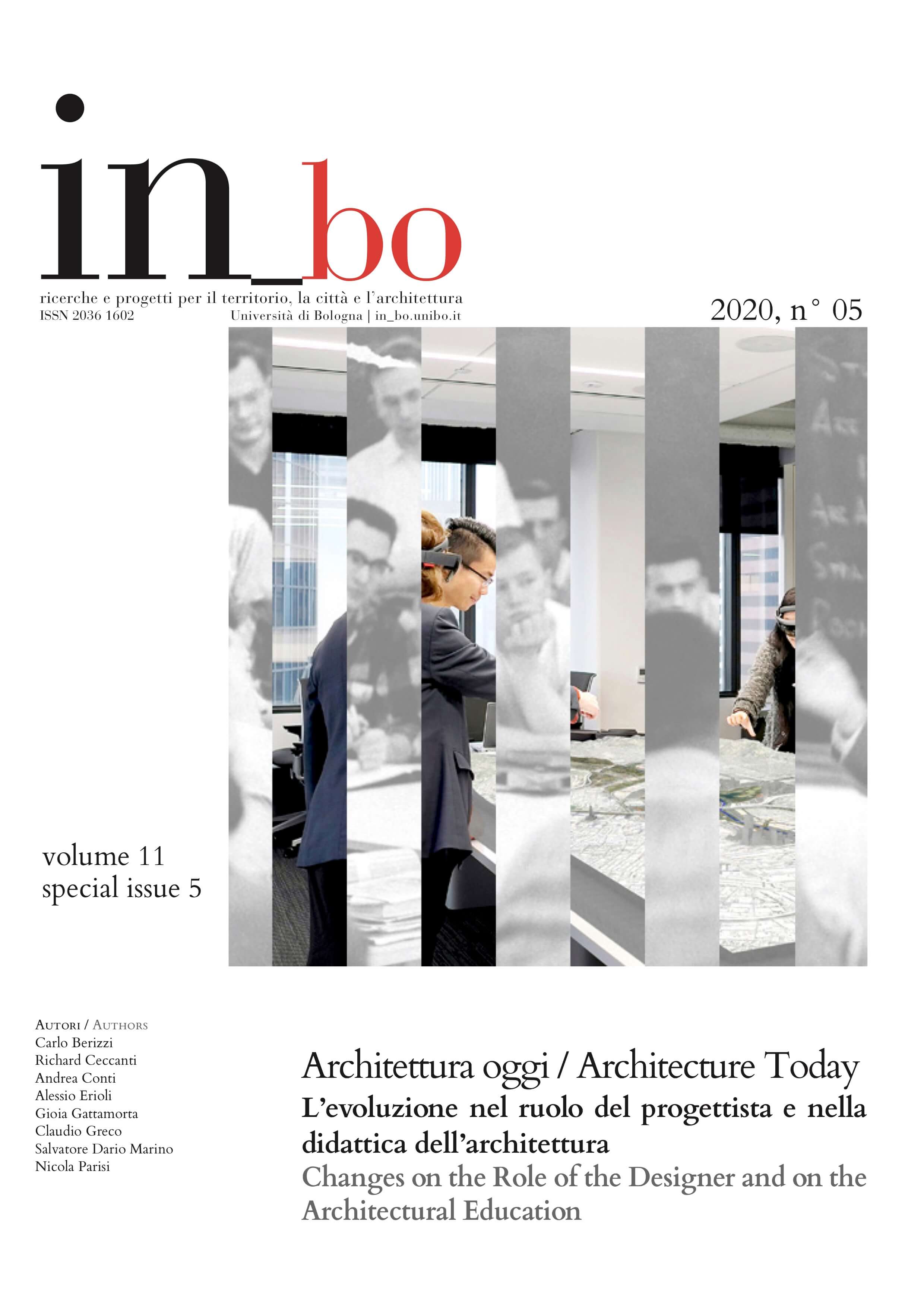Why Are Designers Not Comfortable in Talking About Their Design Process? Exploration of Students’ Perception of Their Design Experience
DOI:
https://doi.org/10.6092/issn.2036-1602/9977Keywords:
design studio, design process, design education, design experience, reflexivityAbstract
Professional education programs in environmental design disciplines aim to create ready-to-work designers to introduce in the world of practice. Studio courses are the places where students learn how to perform the professional tasks of design. Education in the studios has a practice-oriented focus, and students usually engage forms of experiential learning, focusing on the performance of final products rather than reflecting on the process. Forms of reflection on the design process do not seem to be part of the tradition of such courses. Students are not taught to do that, so this is also why they find difficult to convey what is in their mind when they are designing. The purpose of this talk is to start a discussion about the type of education instructors offer in design studio courses. In the text, I presents a qualitative research process where I have observed a course class in the Master program of Landscape Architecture at the Swedish University of Agricultural Sciences in Uppsala. Students’ voices captured during the final workshop in this course show how they reflect on their design process and how they perceive their design experience.
Downloads
Published
How to Cite
Issue
Section
License
Copyright (c) 2020 Andrea Conti
Copyrights and publishing rights of all the texts on this journal belong to the respective authors without restrictions.
This journal is licensed under a Creative Commons Attribution-NonCommercial 4.0 International License (full legal code).
See also our Open Access Policy.
Metadata
All the metadata of the published material is released in the public domain and may be used by anyone free of charge. This includes references.
Metadata — including references — may be re-used in any medium without prior permission for both not-for-profit and for-profit purposes. We kindly ask users to provide a link to the original metadata record.







